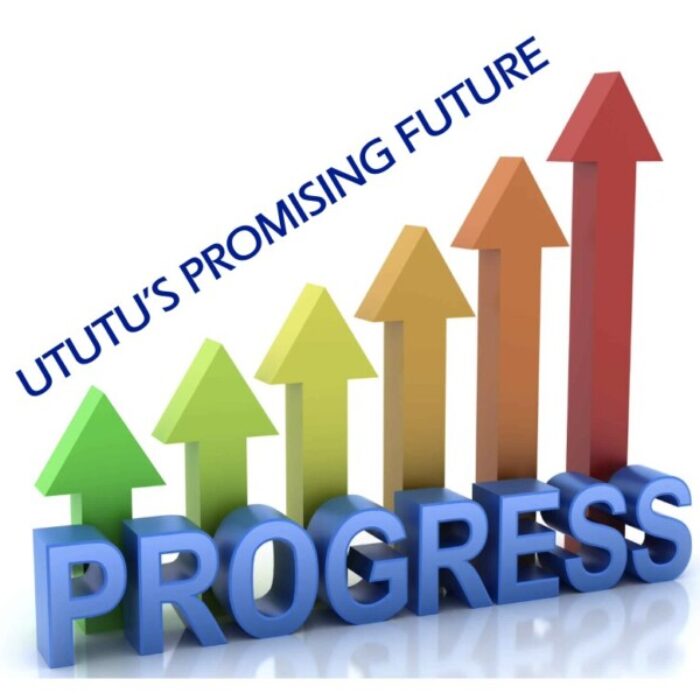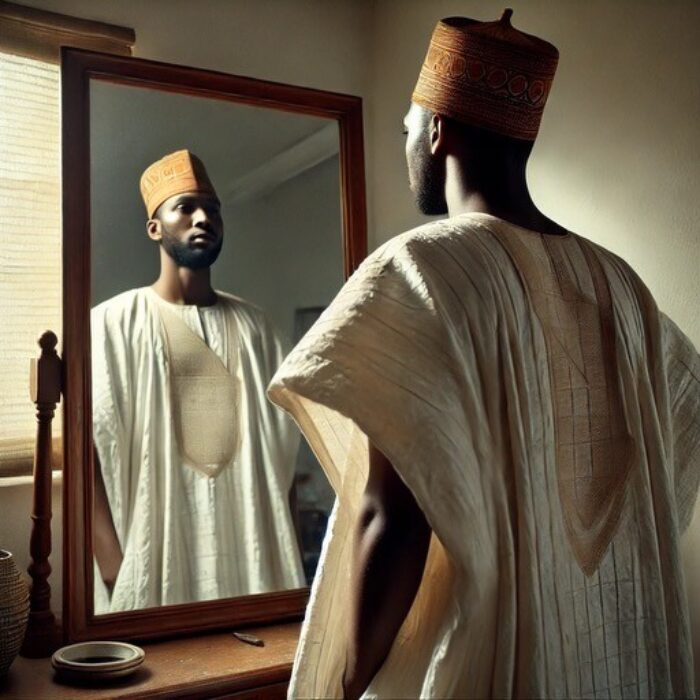by Nnaoke Ufere, PhD
The best gifts of old age are perspective, wisdom and contentment.
We see things as they’re meant to be seen; an immense aid to reflecting on our own existence, allowing us to acknowledge where we have fallen short, while taking comfort in the good things we’ve accomplished.
Wisdom provides the gift of clarity and acceptance, even if we struggle with expectations unmet, promises unkept and lives unlived.
With contentment, we gracefully accept life’s uncertainties and traumas without surrendering to them.
We notice we have changed, and are no longer who we once were. The person we are today fits better into the life we’ve been growing into, and we reconcile who we’ve become with who we thought we wanted to be. The once ambitious young woman or man has evolved, has matured.
With age we experience gray or lost hair, arthritic legs, aches and pains, lost vision, lost hearing, those eye bags, slowing memory, difficulty sleeping, and (is it just me) more bizarre dreams. They’re our symptoms of aging, earned with the help of time, anxiety, sorrow, tears, some bad luck and a little help from genetics.
But aging isn’t a disease. Aging isn’t a choice, and no one would willingly choose it. Still, it’s a means to an end. An end to the beginning. Yet it’s a somber reminder that our lives are brief, our days running out. No one gets out of here alive.
But we are alive!
So, we reminisce. We reflect. We dream of days passed long ago. Our days in college. Our friends. Our first love. Our wedding. Our family. Our hopes. Our expectations. Our failures. Our successes. Our regrets. Then our own mortality.
We are constantly reminded of death. On a daily basis we hear of people we know die from sickness or killed or murdered. We attend funerals of friends and family regularly. Still, our culture tends to strenuously avoid the fact of human mortality.
Of course, we all know that we will die – Memento Mori. Understanding death, without denial, is indeed a necessary part of living faithfully and candidly.
By doing so, we face the inescapable fragility of our own life. It helps us understand the true meaning of life, our purpose here, about who we are and questions about where we are headed hereafter. It prepares us emotionally to accept our own mortality.
Still, the fundamental question is: What will remain of you when all else is gone, when you’re gone? How will your family and friends remember you?
Not by your wealth or the size of your bank account, not by the number of businesses you own, not by the size of your mansion, not by your social or political status, not by your fancy cars, not by your position in the church, not by your titles, not by the promotions you earned at work. No, not by all or any one of these.
Material things fade away, but the memories we leave will transfer on to our children, friends, and those we have touched while we were alive. So, what memories will you leave behind for people to remember and reflect on when you die? And what personal legacy will you leave behind for your children to carry on and hand over to their children? Hopefully, it’s something they can cherish.
In addition to bequeathing good memories, ask yourself practical questions: Do I have my house in order? Do I have all my important documents organized in one place? Do I have an updated Living Will document prepared and signed?
Does my spouse know where to find important documents such as: marriage certificate, bank account records, property ownership records (purchase agreements, COC, surveys, taxes, etc.), business arrangement records, retirement/pension plan records, investment records, insurance policies, vehicle registration and titles, debt records showing amount I owe to other people and amount owed to me, codes/passwords & user IDs to access devices and online accounts, pending or settled court case records, etc.?
Isn’t it frightening how long and short life can be simultaneously? Life as we know it is spontaneous, and that’s the chilling part. Our own parents have grown old, and many have already passed. I can relate.
I have lost both parents and siblings. I just lost my beloved brother, 72 years old, to cancer. Who knows what can happen to any one of us today, tomorrow?
Life, as we are finding out for ourselves, is uncertain. But we know one fact: it’s a one-way street. There is no round-about, no U-turn, no return. We can’t turn back time. We might as well keep moving forward unburdened.
There’s not much choice where to go. The destination is unavoidable. Let’s face it, we will one day harken to the bell that tolls for everyone. We will die.
Therefore, isn’t it time to lighten the luggage we’ve accumulated over the years? The goal we couldn’t achieve. The decision that disappointed. The wish that didn’t materialize. The wealth we couldn’t acquire. The person we couldn’t become.
We would be smart to release sooner all these experiences and memories that bring about heartaches, anxieties, regrets and tears.
We must each now accept the hand life dealt us. If the hand is bad, so be it. If the hand is great, so be it. Like the lilies of the field, which neither should toil nor spin, we live with the hand we received and live our lives fully in the moment. We must learn to forgive and forget; find inner peace and enjoy each day we have left. That we are here today is a blessing.
Maya Angelou agreed when she wrote: “Stormy or sunny days, glorious or lonely nights, I maintain an attitude of gratitude. If I insist on being pessimistic, there is always tomorrow. Today I am blessed.”
Tomorrow is uncertain. So, we ought to increase our tolerance for uncertainty and learn (it’s never too late) to live with not knowing what happens next, not having the answers to all that we want to know. This frees us to navigate the ebb and flow of life’s choppy waters, embracing the uncertainty it offers.
We may find satisfaction and freedom. Freedom from wishes, expectations and disappointments. This is when we affirm the life we currently have, not the one we wish for.
As we watch our own children grow up, navigate life, love, family and challenges in their personal and professional lives, we worry and pray that, like us, they learn to bend and not break when the storm of daily challenges arrives.
But we need not worry much. Our children have gone, each to his or her own life. Our girl to her husband, our boy to his wife. Others are waiting to find their match. They have separated but yet are always there with us. Hard as it may be, it is time to let them fly on their own wings.
As our days pass by, we seem to have fewer friends left. Isn’t it time to reach out to your friends and pay tribute while they are alive? Tribute to the dead does them no good. Tributes are for the living, not the dead. Imagine how some people will live longer and happier if only we told them the beautiful, heart-warming things we say once they’ve gone.
God willing, we have a real chance to go on for many more years! So, let’s make each day count and be worthwhile. Let’s live one day at a time. With no regrets for the life we have led.
Whether we have another day or another decade, we can still make a difference. We can still change the world. We can still move the hearts and inspire the minds of those who may have more energy and more years in them.
We can still lead our children and their children towards a better future, a future we wish we had, but which we have the power still to birth.
We can still be the catalysts children need to do more than we did. With the pennies and perspective we have gained, let our legacy be that we were never content to rest upon our laurels, but sought to improve the world until our very last breath.






This is a very powerful article. Something to think about while we are still here on earth. “How do we want to be remembered”?
Great article!
Great article Sir